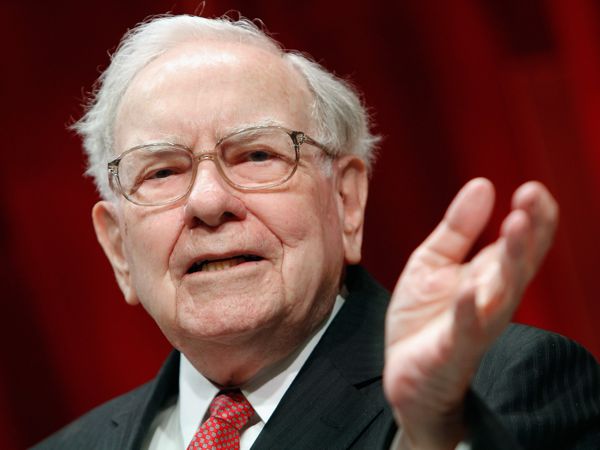Tough Times Lay Ahead

Billionaire investment icons Warren Buffet and his business partner Charlie Munger field questions about the future of the US economy.
Over the past 15 years, the US real estate market has experienced significant growth, largely driven by abundant and inexpensive debt. Let’s examine the US federal funds effective rate, which serves as a proxy for overall interest rates in the economy. Notably, interest rates have hovered around 0% for a substantial portion of this period.
These historically low interest rates have encouraged the utilization of enormous debt in real estate transactions. As a result, property values have soared to unprecedented heights. However, it’s essential to recognize that this trend has implications and potential risks.
While some experts argue that the housing market is not in a bubble, others point to factors such as rising household debt, inflation, and economic uncertainty. The balance between supply and demand remains crucial, and any significant shifts could impact the stability of the market.
More importantly, the commercial real estate market is rapidly approaching a crisis, and the impact will be felt by small business banks. These banks play a crucial role in assisting small businesses in obtaining the necessary funding for expansion. However, when these small banks fail due to borrowers’ inability to repay commercial real estate loans, it creates a ripple effect. The remaining small businesses will struggle to secure loans, potentially leading to hard times for both small business owners and their employees.
In summary, the real estate landscape has been shaped by cheap debt, but vigilance is necessary to ensure sustainable growth and avoid potential pitfalls.






